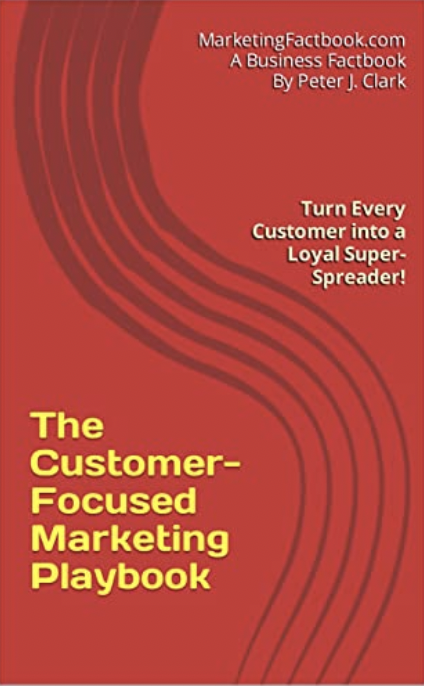Customer loyalty still lasts longer at the bank
Despite the longest recession since 2008 and the current banking crises, an annual survey of customer loyalty in the UK has found that two out of three (66%) Britons feel most loyal to their bank or building society - a trend that has prevailed over the past four years since The Logic Group started conducting its annual survey.
In comparison to supermarkets, mobile network operators, petrol stations and department stores, the British consumer is least promiscuous with banks and building societies.
According to the Payments Council, only 8% of customers switched or attempted to switch their personal accounts over the five years to 2010. Halifax claims more than 80,000 customers moved their current account to it during the first three months of this year, almost double the number who switched in the same period in 2011.
While most banks are now again offering switching rewards1 to current account customers, the number of those who switch pales in comparison to the 64 million+ UK current accounts in existence (over 90% of the adult population has a current/cheque account).
The past four years of research have uncovered various reasons for the reluctance to switch bank accounts despite a general dissatisfaction with banking services and a lack of trust in banks following the financial crisis. Traditionally, the main reason identified for inaction has been that banks make it unnecessarily complicated to switch.
Given that the switching process is being simplified under the supervision of the Office of Fair Trading (OFT), banks need to start educating customers and simplifying communications to help them overcome the feelings of perceived hassle, risk, uncertainty of service quality and trust.
Commenting on the irony of the status quo in the banking industry, Antony Jones, CEO for The Logic Group, explained: "The recent events, including those from last week, should become a lesson for British banks in how not to exploit and dishonour customer trust and loyalty. The repercussions are not just for the protagonists or the industry alone, they erode Brand Britain. Our report highlights the access to trusting customers that UK banks have. Instead of crushing their confidence, banks should be encouraging this loyal customer base to mobilise the economy and stimulate growth."
However, recent events in the UK banking sector could prove to be a 'tipping point', and the proposed separation of the retail and investment banking arms may go some way to alleviating the reputational damage inflicted on high street banks.
But the overwhelming anger expressed by the British public will most likely change the definition of loyalty in the banking sector - potentially making it more transactional as is increasingly seen across other sectors. Jones concluded: "CEOs will come and go, but leadership change is not enough. The boardroom needs to take responsibility of driving a culture change in the banking industry - one that respects and rewards loyalty from the millions of Britons."
Sources: The Logic Group / The Marketing Factbook.
Copyright © 2012 - 2025 The Marketing Factbook.
Categorised as:
- Customer Experience
- Customer Loyalty
- Knowing The Customer
- Marketing Know-How
- Marketing Technology
